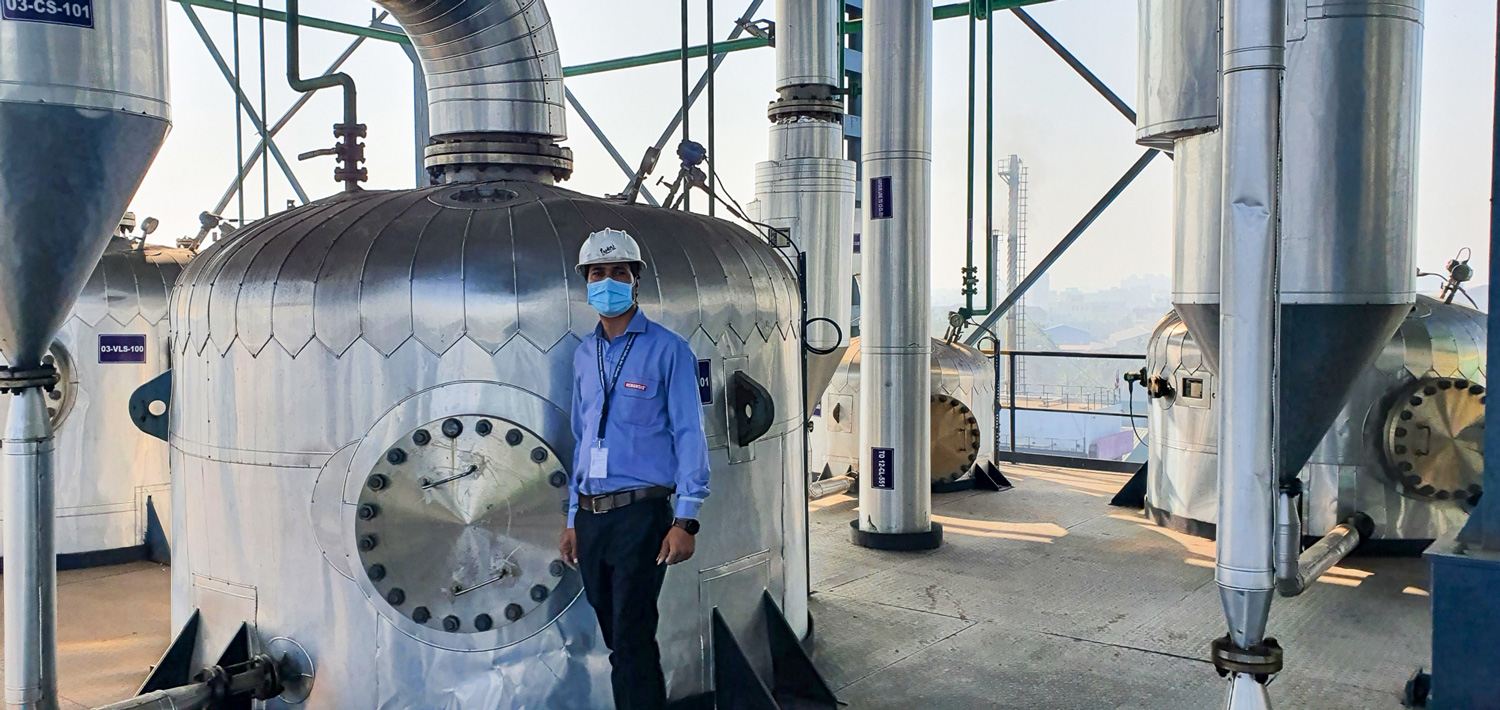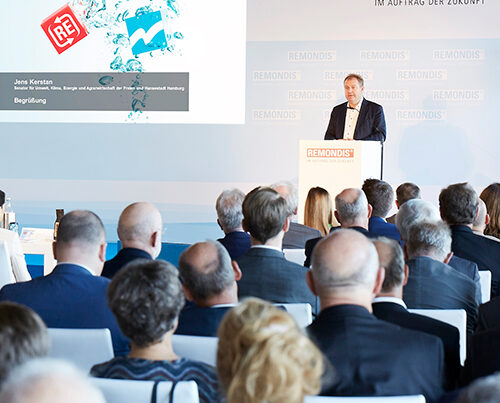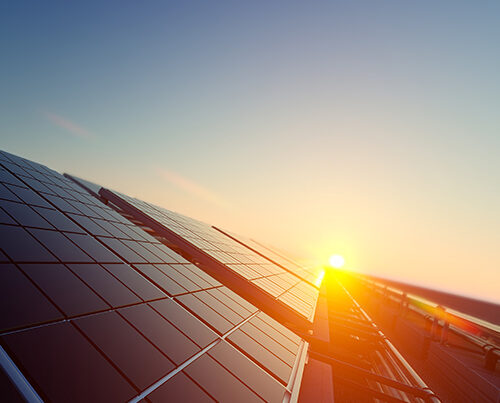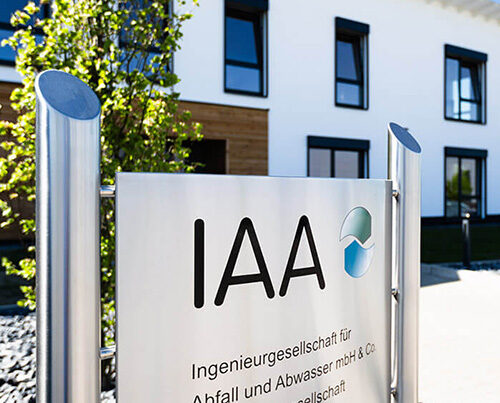Water is one of the most valuable resources on our planet for humans and the environment. For some years now, however, the availability of this important resource has been an increasing problem in parts of the world. This is not only a problem in everyday life, but also in industrial processes. If we look at India, for example, the availability of water is already limited. This is accompanied by stricter laws from the Indian regulatory authorities with regard to the implementation of water management. When applying for permits for production plants, there is a requirement to introduce water-saving production processes.

Zero Liquid Discharge (ZLD) offers a way to address the increasing water shortage. This is a process in which water is used in the production process, then treated, recycled and returned to production. In the process, valuable substances such as salts can also be recovered. The result is a consistent closed-loop system that enables wastewater-free production.
The approach of wastewater-free production was also the starting point for a joint cooperation between Evonik Catalysts and REMONDIS Aqua. Together, they commissioned a Zero Liquid Discharge (ZLD) plant in Dombivli, India. REMONDIS Aqua is supporting the chemical producer in the areas of planning, building and financing the plant. “Modern wastewater management, including ZLD, is a crucial building block in overcoming the historic water crisis in many regions of the world,” said Dr. Keno Strömer, managing director of REMONDIS Aqua India Pvt. Ltd.

Pankaj Kumar, REMONDIS Aqua India, is technical manager of the ZLD plant at EVONIK in Dombivli
“Modern wastewater management, including ZLD, is a crucial building block in overcoming the historic water crisis in many regions of the world.“
Dr. Keno Strömer, Managing Director of REMONDIS Aqua India Pvt. Ltd.
The treatment of the process water passes through a multi-stage process in the plant, which produces by-products such as sodium sulfate, which can subsequently be resold. A total of around 600 m³ of wastewater enters the plant. For Evonik, this primarily reduces dependence on municipal water supplies, as the need for fresh water in production is cut by 65 percent. There is also the possibility of further minimising the ecological footprint in industrial production and efficiently reusing the process water and the recyclable materials obtained from it.
But the ZLD projects in India also have a showcase character for the international arena. Globally, the process offers an approach to saving water in production processes and is becoming increasingly important worldwide from the point of view of sustainability.
Image credits: image 1, 3: © REMONDIS Aqua India; image 2: Adobe Stock: Somkiat Tapong









